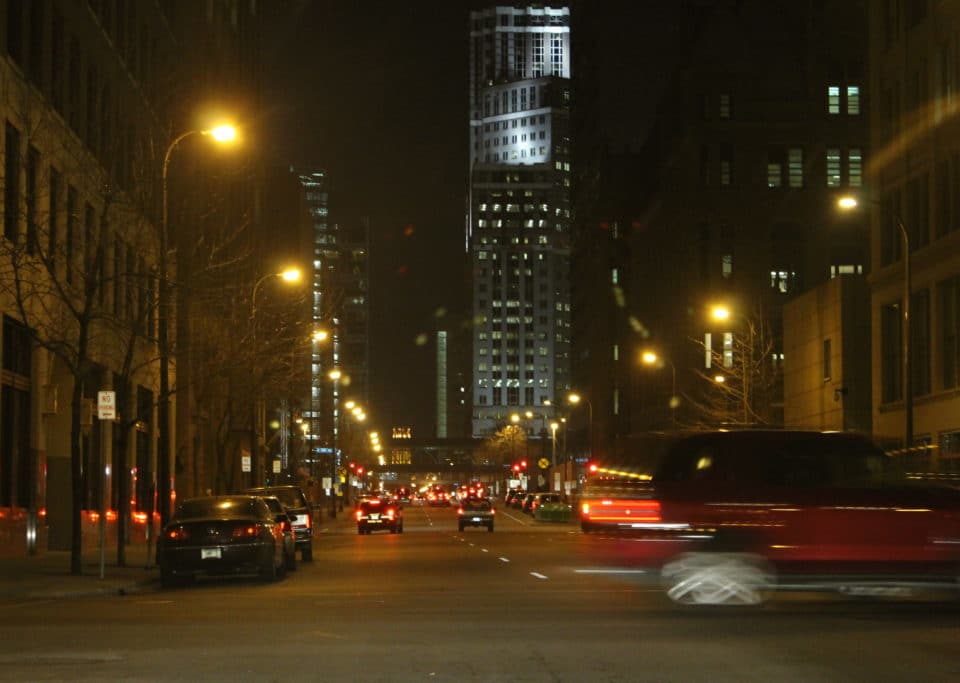A Minnesota Court of Appeals case just came down addressing blood tests in DWI cases.
In State v. Trahan, decided on October 13, 2015, the facts are near identical to Ms. Willis. Trahan was stopped for erratic driving and speed. State v. Trahan, A13-0931, 2015 WL 5927980, at *1 (Minn. Ct. App. Oct. 13, 2015) (unpublished). No field sobriety tests were administered because Trahan was “so agitated and unpredictable.” Id. The deputy read the Implied Consent Advisory, Trahan made several phone calls, and then ended his attorney time. Id. The deputy offered a blood or urine test. Id. Trahan chose urine but did not give a valid sample, so the deputy considered it a refusal. Id. The deputy then offered a blood test to which Trahan refused. Id. Trahan was charged with Test Refusal. Id. at *2. During the plea hearing, Trahan maintained he provided an adequate urine sample but admitted, “I did refuse the blood test, so I’m guilty of that.” Id.
Trahan appealed but it was stayed due to his post-conviction petition. Id. The district court denied his post-conviction petition. Id. The court of appeals affirmed. Id. The supreme court granted Trahan’s petition for review and stayed the appeal pending Bernard. Id. The supreme court then reversed and remanded to the court of appeals to consider the appeal in light of Bernard. Id. On remand, the court of appeals held that “the test-refusal statute as applied to appellant violates his right to substantive due process by criminalizing his refusal of an unconstitutional search” and reversed Trahan’s conviction. Id. at *7 (emphasis added).
First, the court concluded, a warrantless blood test is not justified under the search-incident-to-arrest exception to the warrant requirement because of the highly intrusive nature of penetrating the skin with a needle. Id. at *3–*4 (citing Schmerber v. California, 384 U.S. 757, 769, 86 S.Ct. 1826, 1835, 16 L.Ed.2d 908 (1966); Missouri v. McNeely, 569 U.S. ___, 133 S.Ct. 1552, 1558 (2013)). Second, the court concluded, a warrantless blood test was not justified under the exigent circumstances exception based upon the facts presented. Id. at *4–*5. The court stated that Trahan was readily available to the police and the only “exigency” was due to the statutory two-hour timeframe. Id. at *5. Further, “Trahan’s lack of cooperation throughout the process, while understandably frustrating to the police, simply did not create an exigency.” Id. “The totality of the circumstances here shows no emergency that diminished the likelihood that a valid blood test could be performed after securing a warrant.” Id. The court did note that there could be times when there was an exigency, but this was not the case. Id.
Having concluded that “a warrantless search of Trahan’s blood would not have been constitutional under the search-incident-to-arrest or exigent-circumstances exception” to the warrant requirement, the court examined whether the test refusal statute violated Trahan’s substantive due process rights. Id. at *5–*6. The court found that Trahan’s fundamental right to be free of unreasonable searches was implicated, and so the court subjected the test refusal statute to strict scrutiny review. Id. at *6. Strict scrutiny review requires the government to prove that the “statute is narrowly tailored to serve a compelling government interest.” Id. (citation omitted). The court found that the government obviously has a “compelling interest” in keeping drunk drivers off the road, but the court also found that the test refusal statute is not narrowly tailored to serve that compelling interest. Id. The court stated that the government can offer breath tests and subsequently charge Test Refusal if the driver refuses the breath test; the government can charge DWIs without the test; and police can obtain search warrants. Id. The court concluded:
We recognize that the available alternatives may not be as efficient as the current procedure under the test-refusal statute. But these alternatives serve the state’s compelling interest in securing the safety of its roadways without infringing on a driver’s fundamental right to refuse an unreasonable search of his blood. Because the test-refusal statute as applied fails strict scrutiny, Trahan’s right to due process under the Minnesota and United States Constitutions was violated.
Id. at *7 (emphasis in original). The court refused to apply the good-faith exception to this case and reversed Trahan’s conviction. Id.

